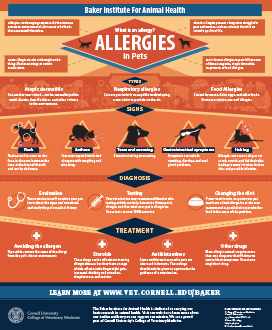Whether your canines spend time at daycare or boarding centers, they need to be up-to-date on every one of their called for inoculations. Core vaccinations include Bordetella, rabies and DA2PP, which guard against usual illness that canines are exposed to when in close contact with others.
Non-core injections consist of canine flu and leptospirosis shots. These are recommended for dogs that mingle with other pet dogs frequently.
Core Vaccinations
As an important part of preventive treatment, canine vaccinations assist keep pet dogs safe from transmittable illness sent with straight get in touch with or contaminated surface areas. Vaccines boost the immune system to develop antibodies that combat disease, and a lot of vets think about core dog vaccinations to be important for all pet dogs.
Rabies
Many reliable pet daycare centers require that your pet dog be up to day on their rabies vaccination. Inoculations are administered to young puppies as very early as 12-16 weeks old, and boosters are needed every 3 years or so till adulthood. Rabies is a deadly viral disease that spreads via saliva, usually from attacks. Many states call for rabies vaccinations for all pet dogs and pet cats, and some even mandate rabies boosters for pet dog owners.
Distemper/Parvovirus/Adenovirus (DHPP).
This combination vaccination covers canine distemper, parvovirus, hepatitis, and adenovirus, every one of which are highly infectious. The majority of veterinary workplaces supply DHPP injections as one shot or in a collection of two to four shots, offered 2-4 weeks apart, followed by a yearly booster. This vaccination is a requirement for a lot of boarding and dog day care centers, as well as numerous groomers.
Bordetella/Canine Parainfluenza Vaccination.
Bordetella bronchiseptica, commonly referred to as kennel coughing, is a very infectious respiratory system infection caused by the germs that creates the disease. Signs consist of persistent coughing, sneezing, nasal discharge, and fever. A lot of kennel coughing outbreaks happen in jampacked environments, such as daycare or boarding centers, and are especially common in warmer climate. This vaccine is a demand for the majority of daycare and boarding facilities, and is typically supplied in a combination with the DHPP vaccine.
Leptospirosis Injection.
This is a microbial disease that spreads with infected water, dirt, and urine. Infection can trigger kidney and liver damages, along with fatality, and is transmissible to people. Most vets will suggest this vaccination, based upon geographic place and way of living of the pet, for dogs that hang out outdoors or at boarding centers, along with some groomers. This vaccination is usually administered as a series of 2 to 4 shots, spaced 2-4 weeks apart, with a yearly booster needed for most pets.
Lyme Illness Injection.
One of the most usual tick-borne condition in the USA, Lyme disease is transmitted by the deer tick and can result in fever, joint pain, muscle mass discomfort, and anorexia nervosa. The Lyme condition vaccination protects against the most prevalent strains of the virus, including the H3N8 and H3N2 stress. A lot of vet centers advise this vaccination, specifically in risky areas, such as the Northeast, upper Midwest, Mid-Atlantic, and along the Pacific board and train dog trainers near me coast.
Noncore Vaccines.
Other dog vaccines, while not required for all animals, are suggested based upon the pet dog's way of life and geographical place. These consist of the following:.
